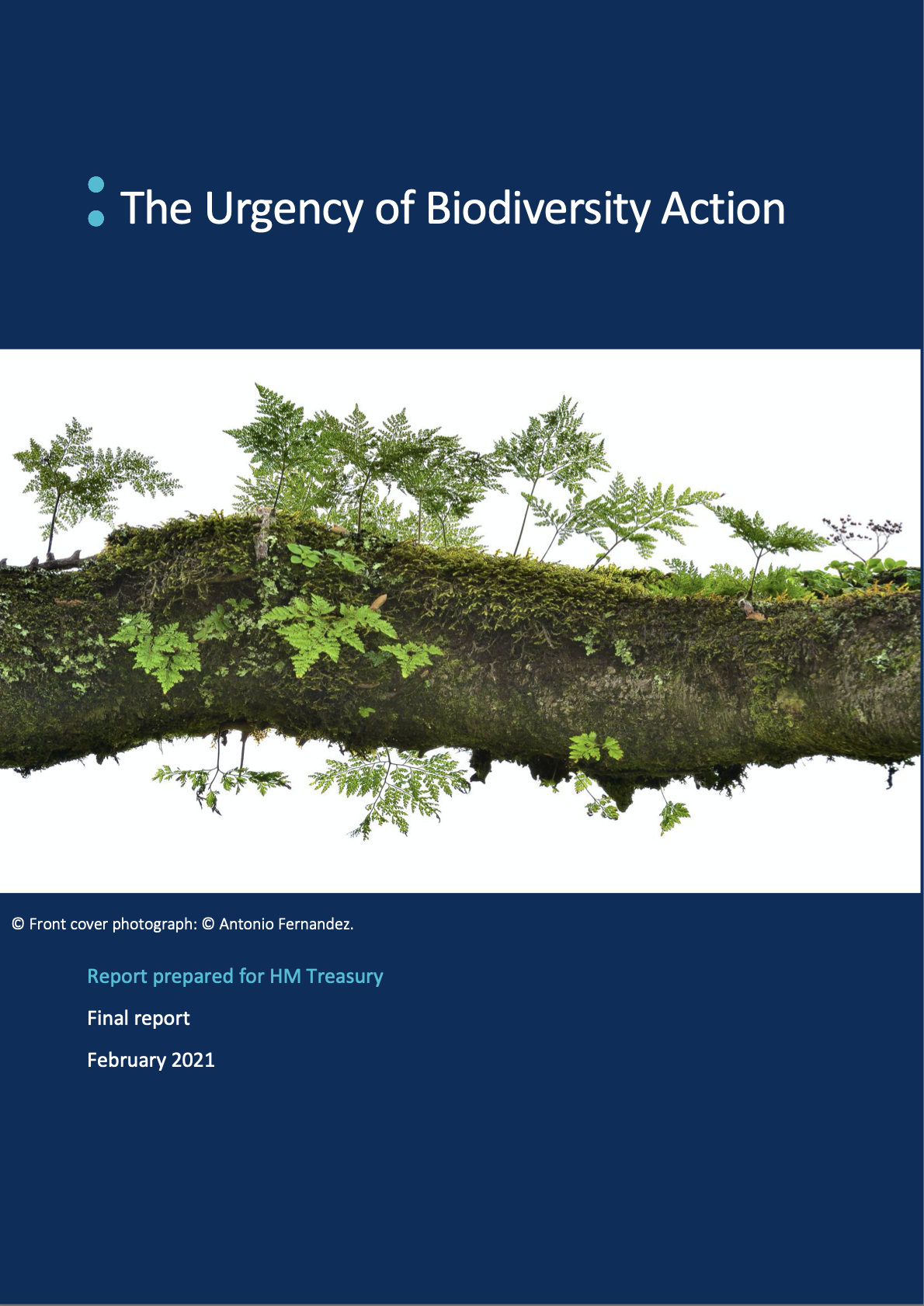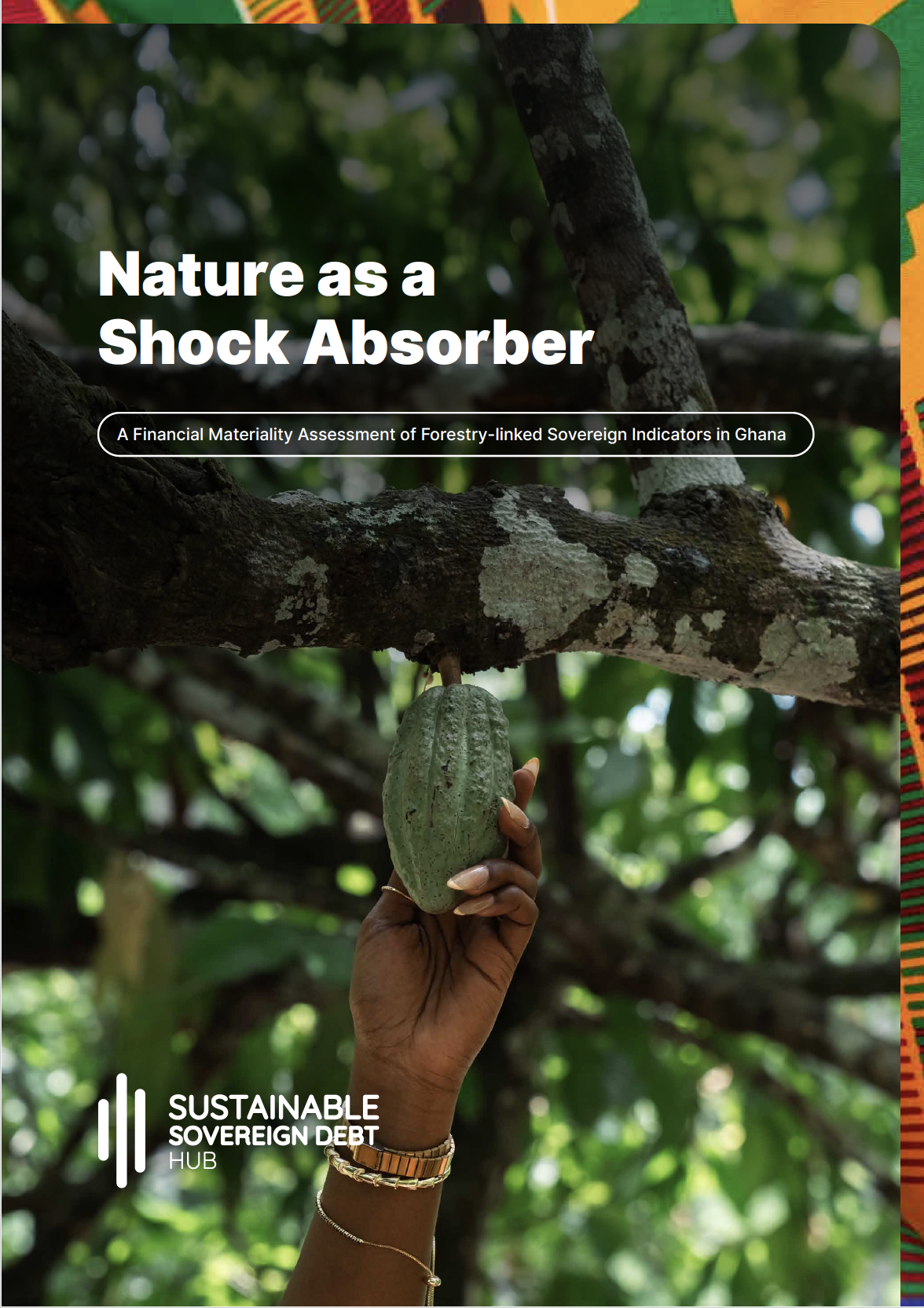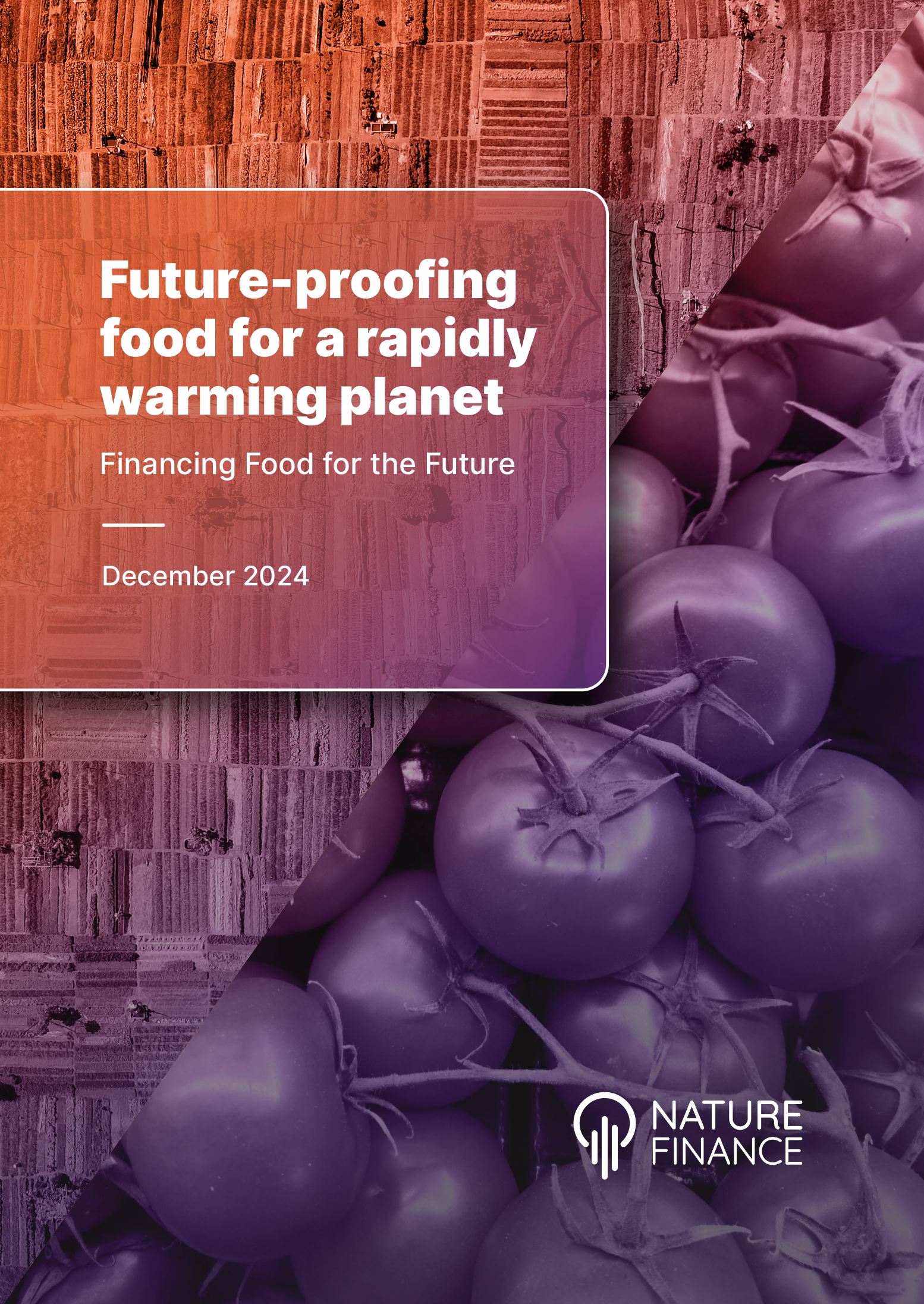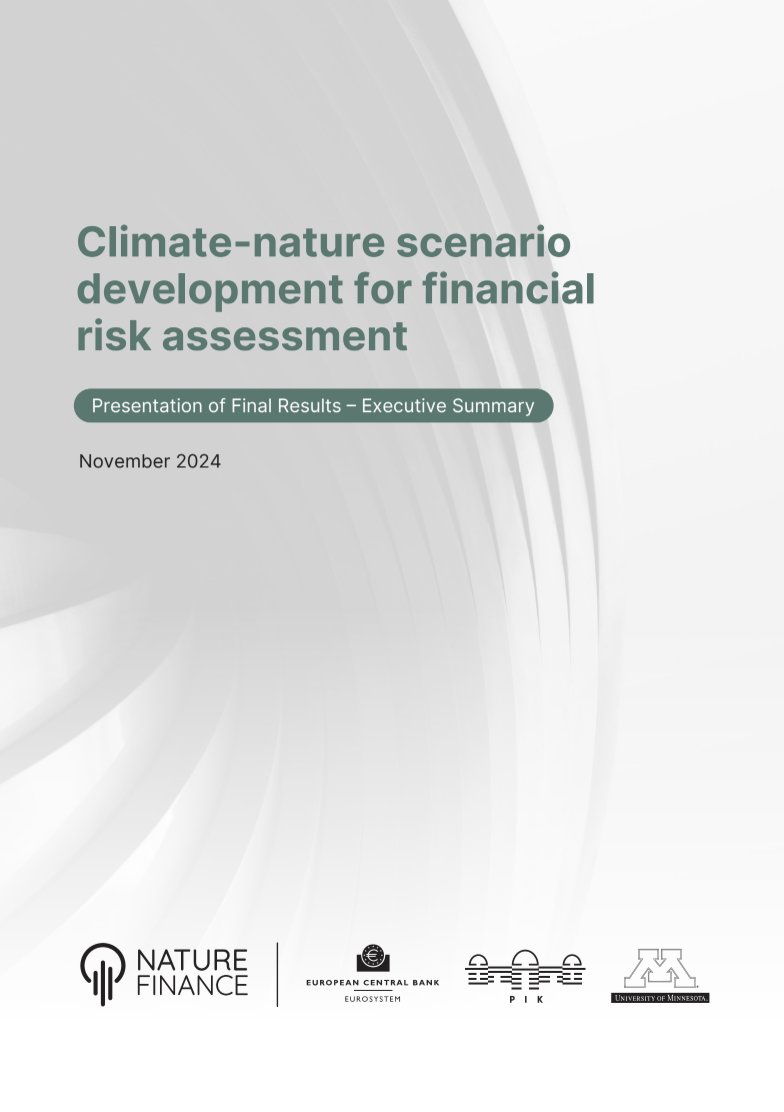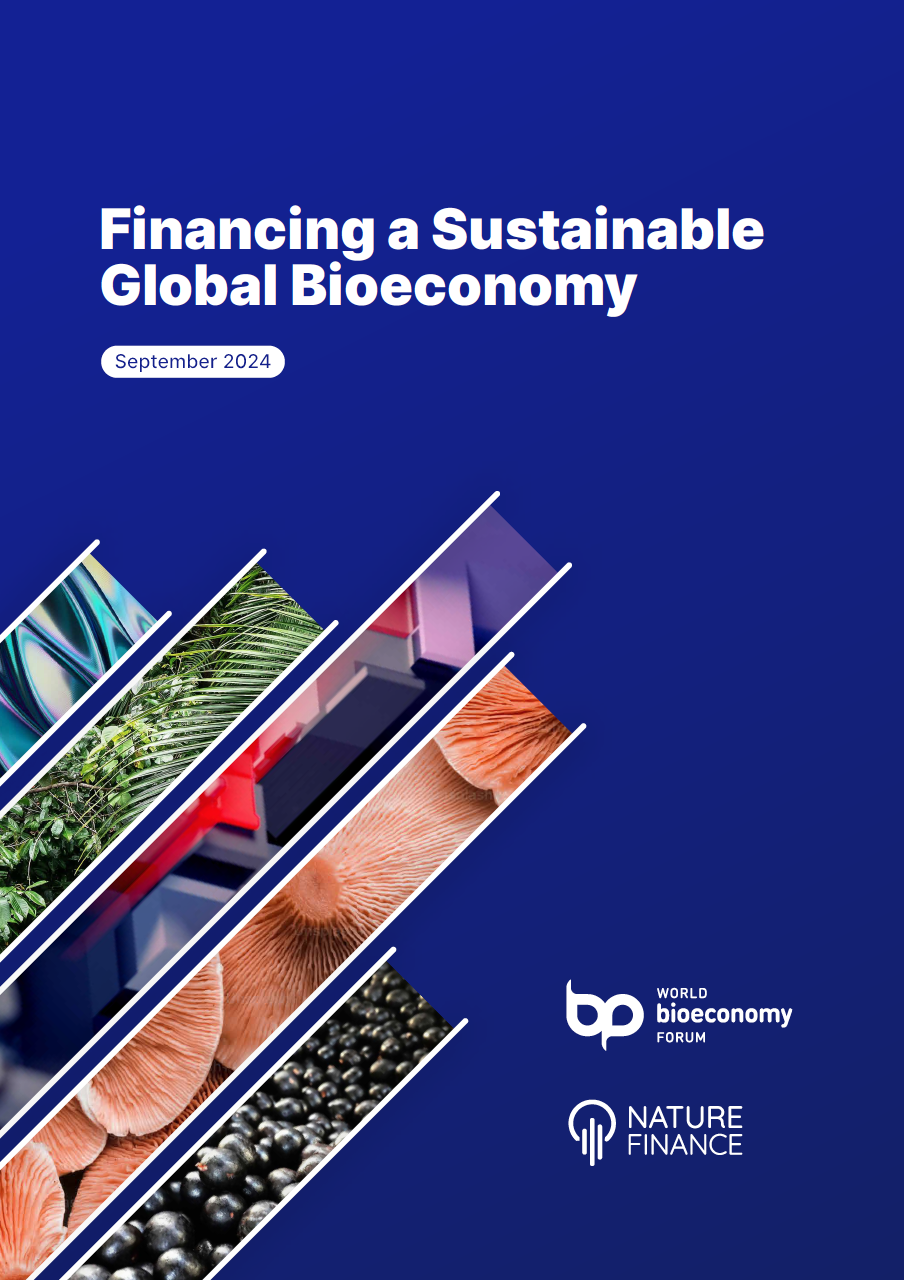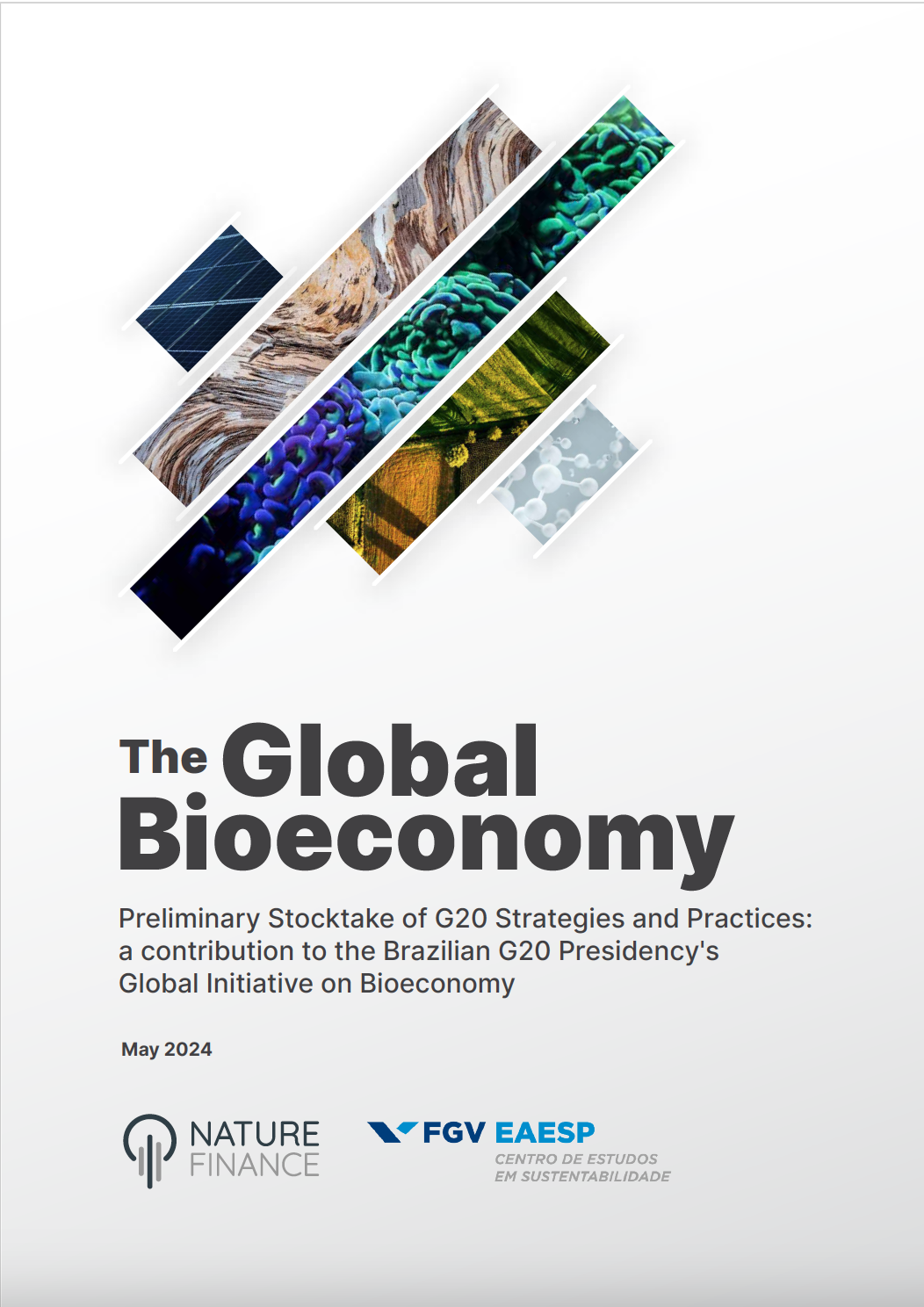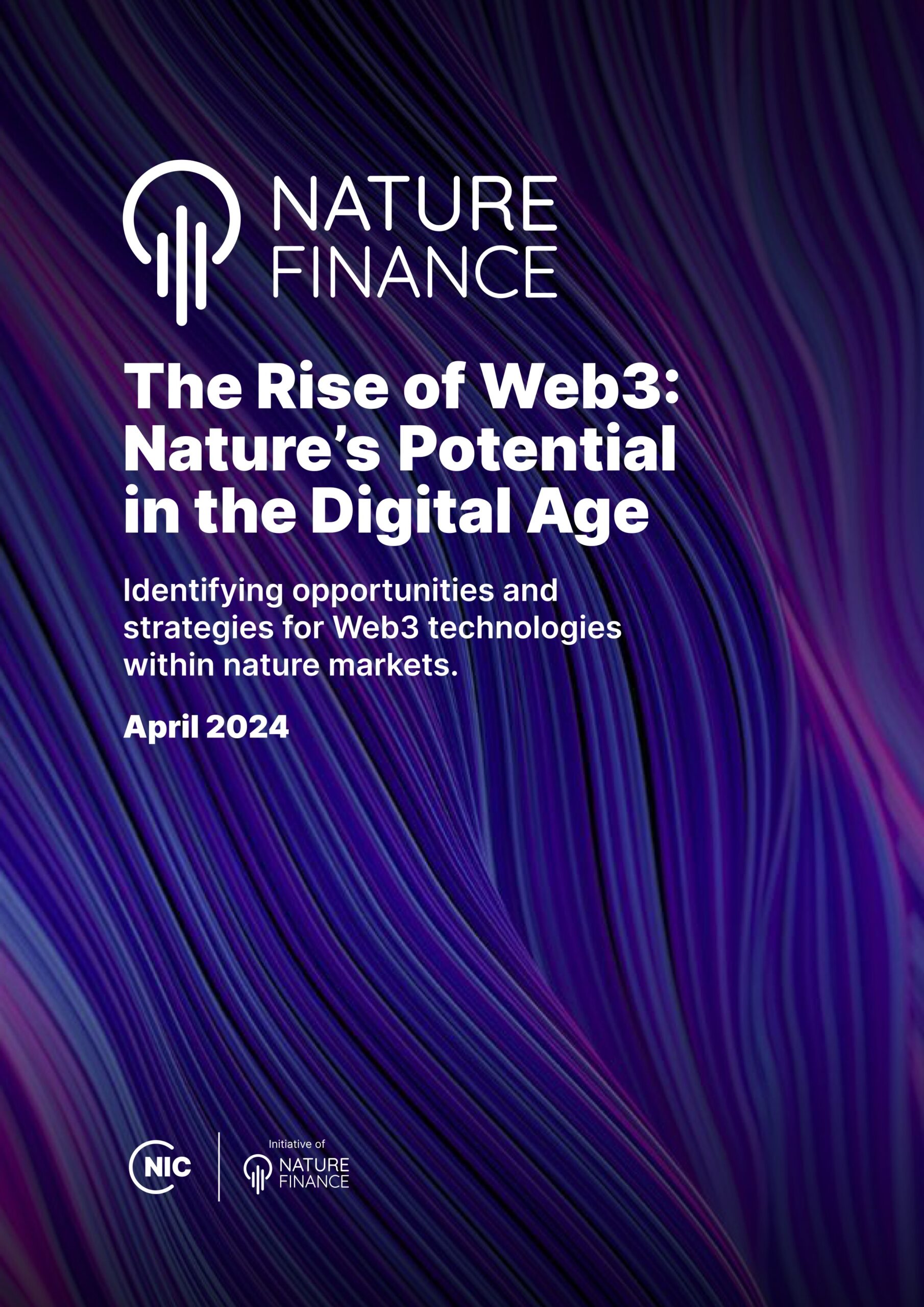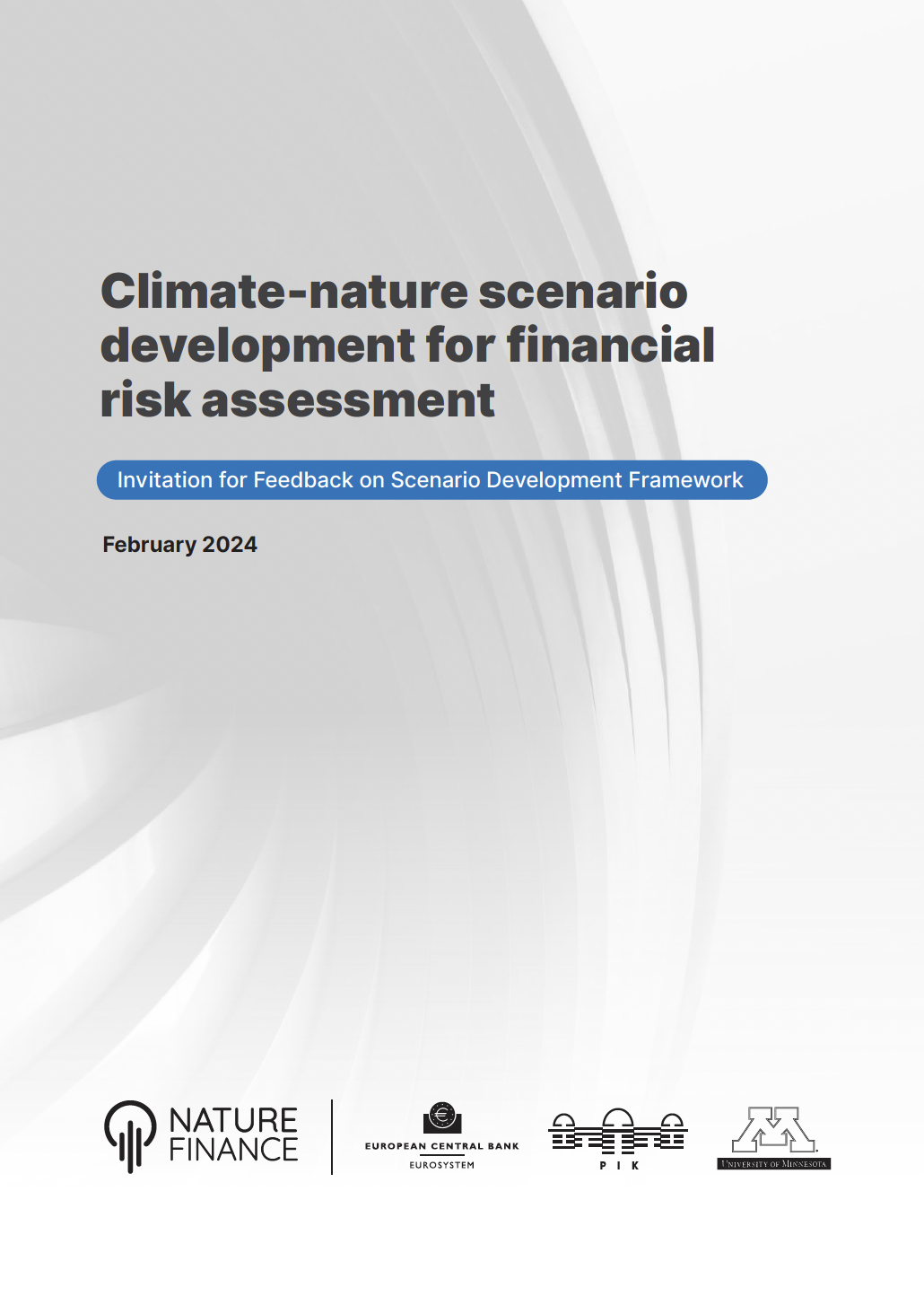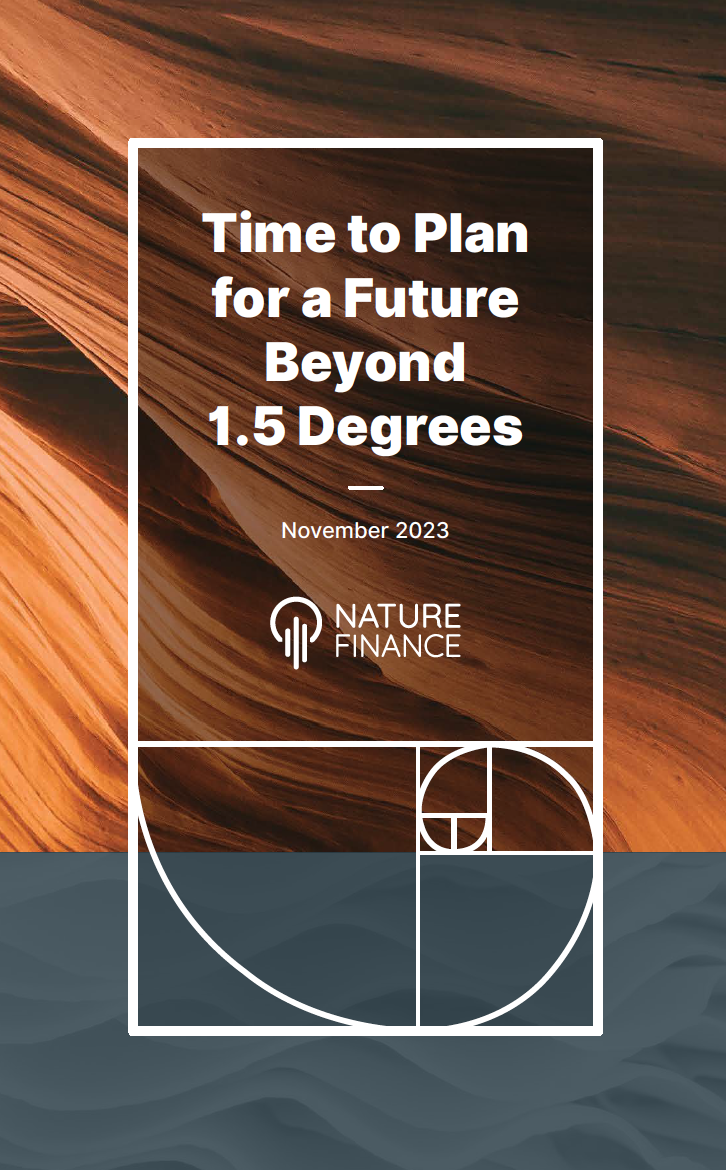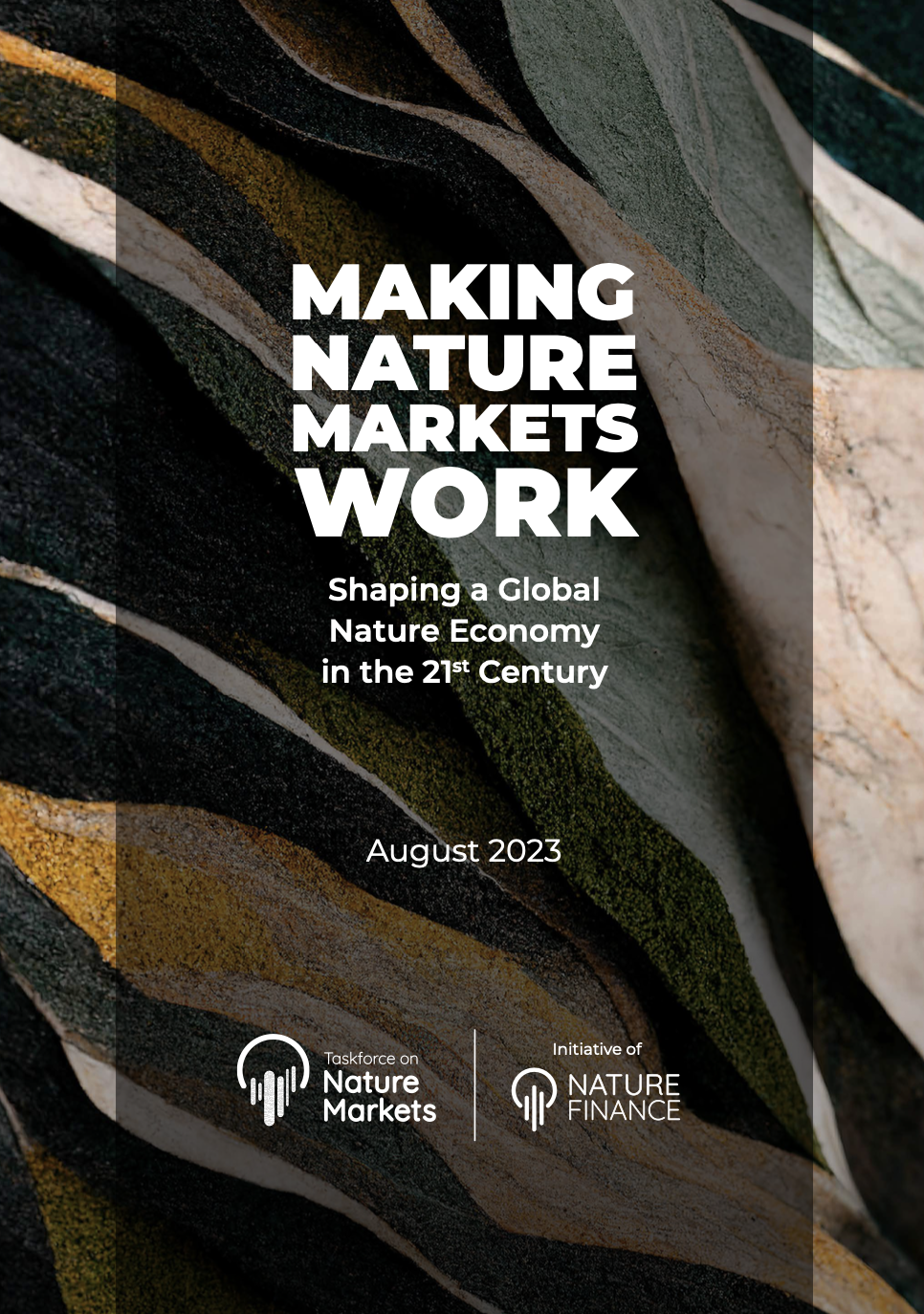Report submitted as evidence to the independent Dasgupta Review, by Vivid Economics The Urgency of Biodiversity Action compares the cost to the world’s governments of two strategies for achieving forest conservation goals by 2050: acting now or putting action off for a decade.
It finds the answer is clear: we cannot afford to delay.
- Citizens worldwide will have to pay twice as much if policymakers delay global action by as little as ten years rather than acting immediately.
- If action is delayed, it may not be feasible to stabilise biodiversity globally – even at today’s depleted level – by 2050. The pace at which biodiversity and species are being lost is speeding up; the analysis finds any delay makes it even harder to restore nature and therefore less likely it will be economically and politically feasible. The global cost of food and materials production from 2021 to 2050 is lower under immediate action and higher if action is delayed, as a share of global-average household income
- Acting now will significantly reduce extinction rates of endemic species. Without taking more ambitious action than current global biodiversity policies involve, more endemic species are projected to go extinct in the coming 30 years than are estimated to have died out in the entire period between 850-1850 CE. Acting now can reduce this number by 25%. Such a reduction might be achievable even if we delay action – but it would double the cost. If action is both immediate and ambitious, there is an option to make a bigger reduction in extinction rates and would cost only two thirds as much as the delayed action
